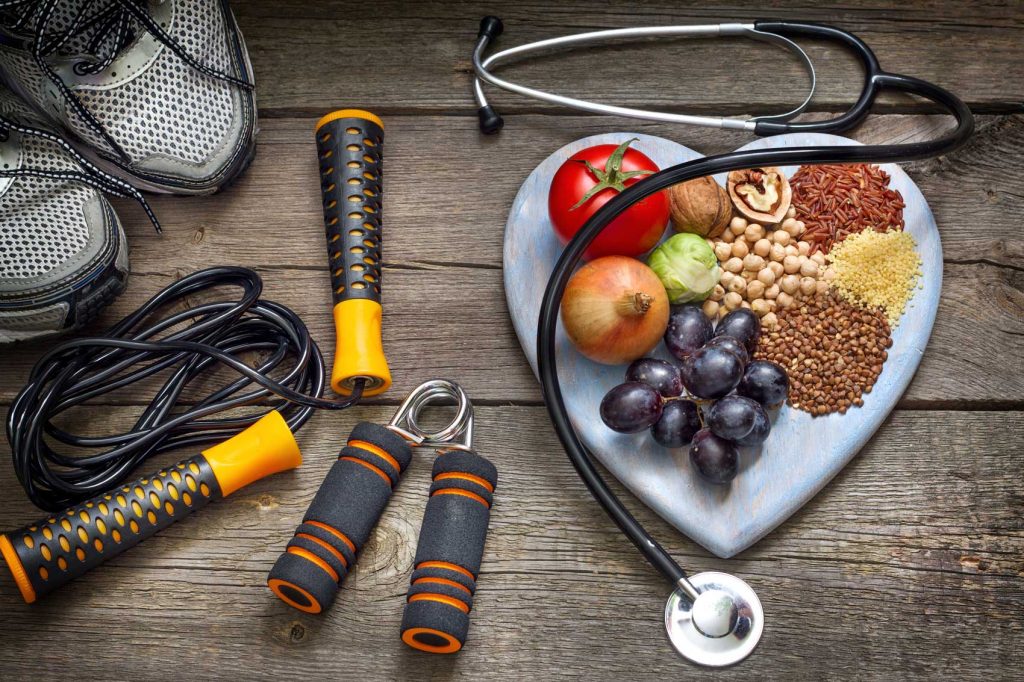With COVID-19 running its course throughout the world and many dental offices closed, there are still some things you can do at home to maintain a healthy smile. Good oral hygiene might not be the first thing on your mind during this pandemic but that could change swiftly if you develop a painful cavity or gum disease and can’t get in to see a dentist. Many of us across the globe are under quarantine and having access to dental care is likely to be more difficult than usual. Most of us usually breeze through brushing and flossing, but now since we’re all under stay at home orders, it might be worth paying more attention. It is difficult to see benefits of being quarantined inside your house, but according to Albert Einstein, every crisis is an opportunity for education and innovation.
Appropriate oral health management and disease prevention is very important for maintaining the health of not only your mouth but your body, too. Here are some of the important steps for maintaining a healthy smile during this pandemic:
1. Brush your teeth twice a day.
The standard recommendation of maintaining a good oral hygiene is no less significant now then it was before this crisis. The American Dental Association (ADA) recommends brushing your teeth at least twice a day. This is important for limiting the growth of bacteria and plaque that could cause tooth decay and gum disease.
2. Floss once a day and use tongue cleaners.
Flossing removes the plaque and bacteria in places where a toothbrush can’t reach and that can eventually harden into calculus and harm your healthy smile.
Using a tongue cleaner will help to scrape away the extra particles from the surface of your tongue, including the ones that cause bad breath. In a 2005 clinical study by Drs. Almas K and Al-Sanawi (PubMed.gov in March 2005), it was found that using a tongue scraper twice a day, seven days a week, reduced the incidence of bacteria known to cause bad breath.
3. Cleaning and disinfecting your toothbrush.
According to the National Institute of Health, the coronavirus can live on plastic surfaces for 2-3 days and that includes toothbrushes. Therefore, Centers of Disease Control and Prevention (CDC) recommends disinfecting the toothbrush on a regular basis. A good soak in alcohol-free mouthwash for not more than 15 minutes (or boiling it in hot water) can help maintain a clean toothbrush.
4. Maintain a healthy diet.
Proper oral hygiene habits should be complemented with good dietary habits. Be sure to choose a diet rich in calcium, phosphorus, and vitamin D. Some of the best plant-based sources of calcium include collard greens, broccoli, kale, spinach and vegan milk such as soy, almond, or rice milk. Plenty of phosphorus can be found in legumes, beans, pumpkin seeds, and mixed nuts. Some of the vegan Vitamin D sources includes fortified cereals and portabella mushrooms.
There is a risk of dental erosions due to increased intake of high sugar and acidic foods. You should limit them as they encourage the growth of bacteria and could be harmful for your teeth. Be sure you rinse your mouth with water after consuming sugary foods.
5. Avoid grazing and snacking.
Frequent snacking increases the risk of dental cavities. During this pandemic, many people have turned to binge watching Netflix and eating snacks as a way to keep themselves occupied. You don’t have to give up your Netflix binges, but you should make sure that you are keeping your oral health needs in mind. Make sure you keep yourself hydrated with water and rinse your mouth periodically.
6. Avoid bad habits like smoking.
If you’re a smoker, there’s never been a better time to quit. Dr. Anthony Fauci, Director of the National Institute of Allergy and Infectious Diseases, has reported that COVID-19 is a respiratory disease. According to the World Health Organization (WHO), smokers and tobacco users are more vulnerable to the virus as their lungs contains an abundance of entry points that the virus can exploit.
According to the American Dental Association, smoking has a negative impact on the teeth and gums, too. Quitting smoking can lower your chances of getting diagnosed with gum diseases and other health conditions including COVID-19.
7. Educate your children.
During this time of isolation with everyone home from school and work, this is the best time to educate children on the importance of proper dental care. Parents are recommended to spend time brushing their teeth with their children, ensuring that they are practicing the proper technique.
Meditation can increase your physical, emotional, and mental health. Visit our Jumpstart to Meditation page for seven days of inspirational tips, meditation instructions, and support.





